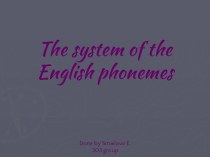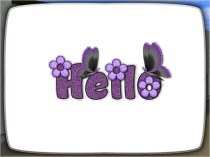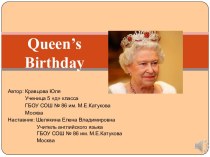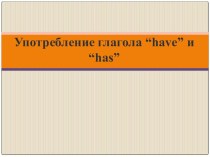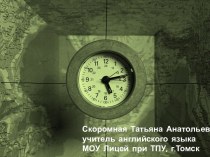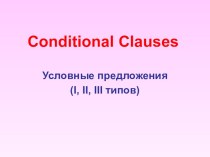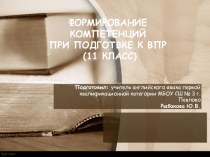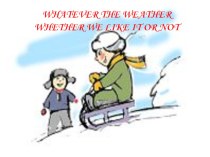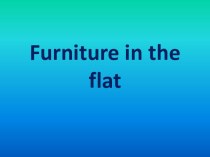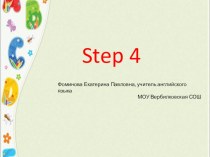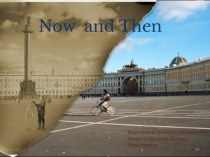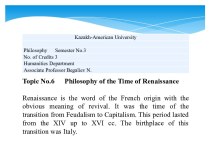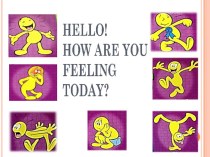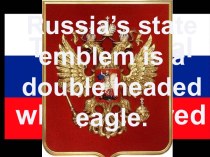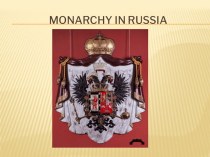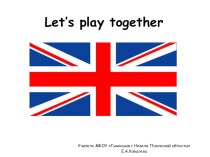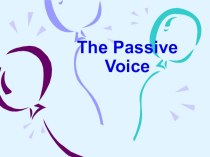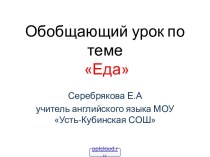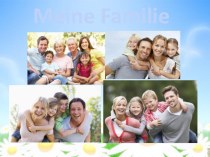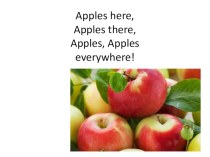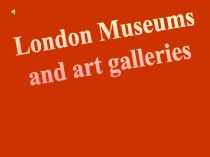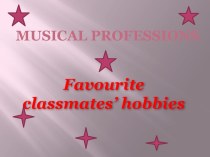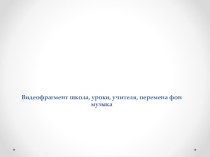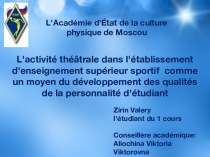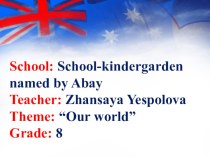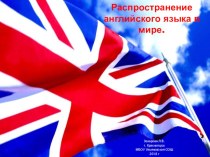- Главная
- Разное
- Бизнес и предпринимательство
- Образование
- Развлечения
- Государство
- Спорт
- Графика
- Культурология
- Еда и кулинария
- Лингвистика
- Религиоведение
- Черчение
- Физкультура
- ИЗО
- Психология
- Социология
- Английский язык
- Астрономия
- Алгебра
- Биология
- География
- Геометрия
- Детские презентации
- Информатика
- История
- Литература
- Маркетинг
- Математика
- Медицина
- Менеджмент
- Музыка
- МХК
- Немецкий язык
- ОБЖ
- Обществознание
- Окружающий мир
- Педагогика
- Русский язык
- Технология
- Физика
- Философия
- Химия
- Шаблоны, картинки для презентаций
- Экология
- Экономика
- Юриспруденция
Что такое findslide.org?
FindSlide.org - это сайт презентаций, докладов, шаблонов в формате PowerPoint.
Обратная связь
Email: Нажмите что бы посмотреть
Презентация на тему по английскому языку на тему Learning more about the UK
Содержание
- 3. Present SimplePresent Continuous
- 7. quiz thrilling post experience connect protect
- 8. Traveller’s stories We
- 9. [ʤ] – project, manage, message [r]
- 11. r_pre_ent intern_t_onal pro_ect thr_ll_ng m_ss_ge m_n_ge parti_ip_nt
- 13. 1. r_pre_ent 2. intern_t_onal
- 14. East or West home is best.
- 15. [ʤ] – agency, language, bridge, Cambridge, large,
- 16. industrial a conference an exhibition
- 17. I think … is worth visiting because
- 18. … is a large / big /
- 19. It stands on two rivers (the Amur
- 20. - Hello! I would like to spend
- 21. … is situated … The capital
- 22. Scotland is … (is situated in the…)
- 23. especially – особенно was tired – устал(а)
- 24. died down – погас was worried –
- 25. Возвратные местоимения используются, когда лицо или предмет производят
- 27. Famous British people
- 28. Famous British people
- 30. My favourite person is … .
- 31. - Do you have a favourite person?
- 32. - Do you have a favourite person?
- 33. proud of - гордиться чем-то, tired of
- 34. Есть у меня шестёрка слуг… Есть у
- 35. Скачать презентацию
- 36. Похожие презентации
Present SimplePresent Continuous
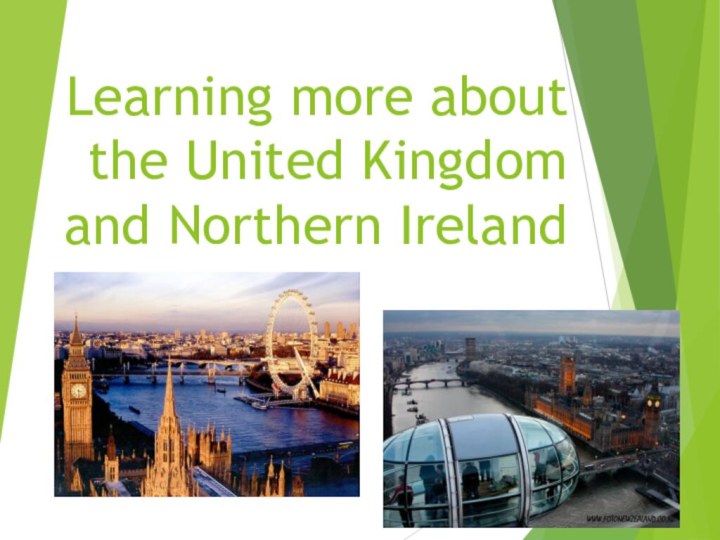
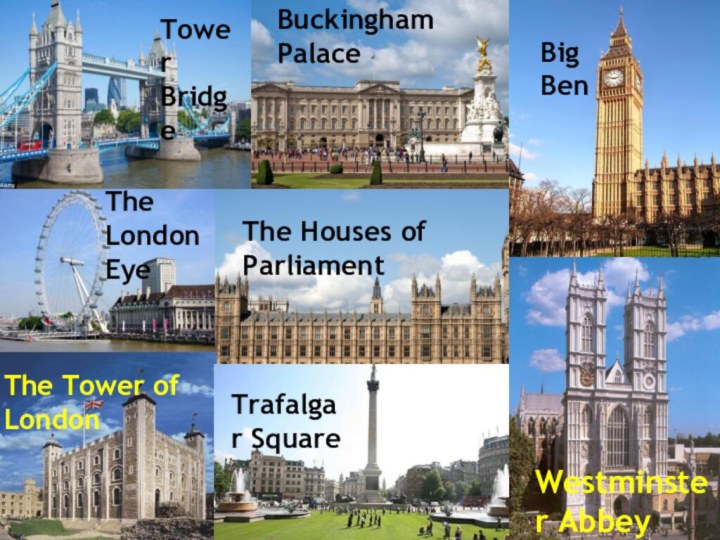
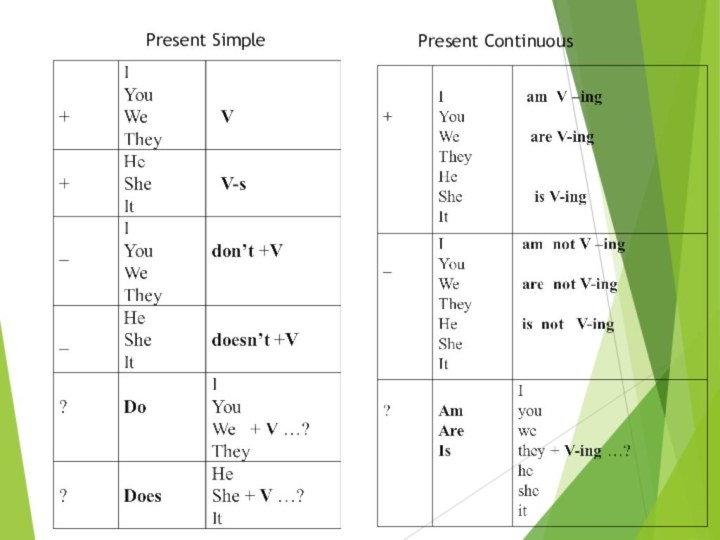
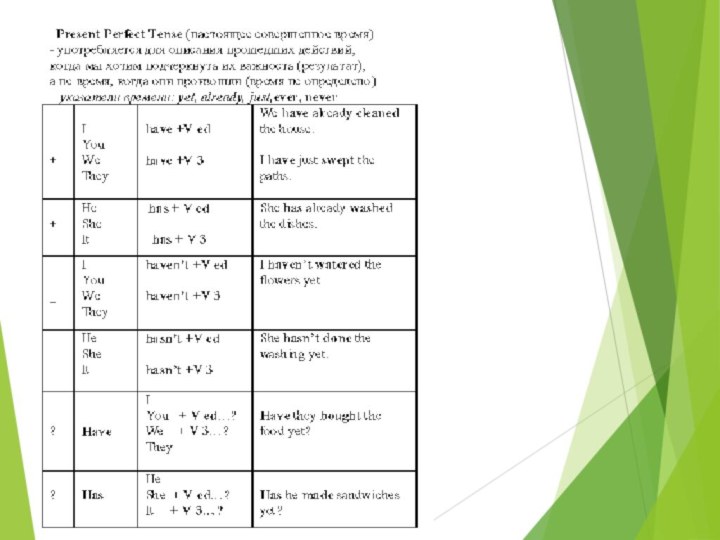
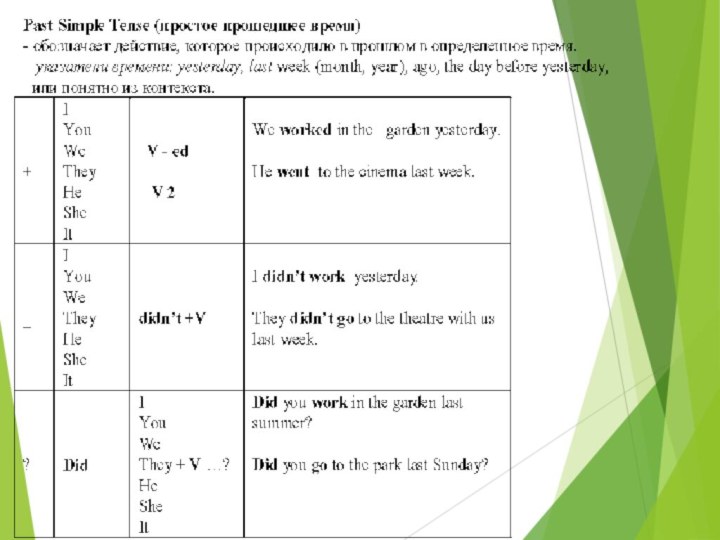
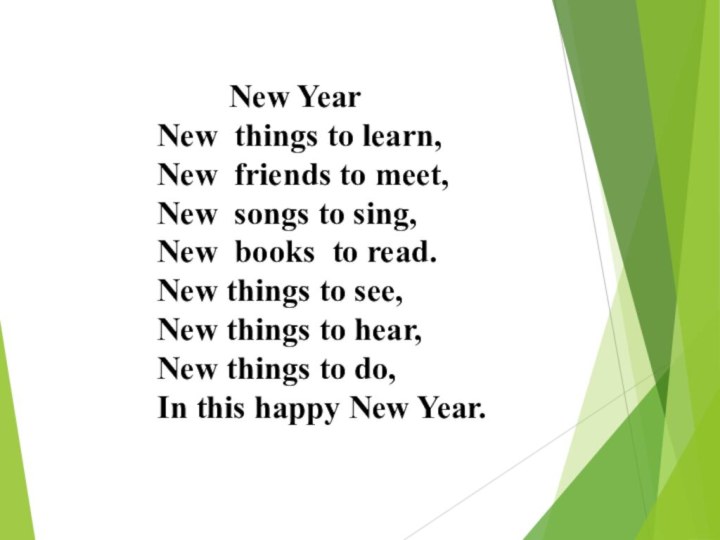

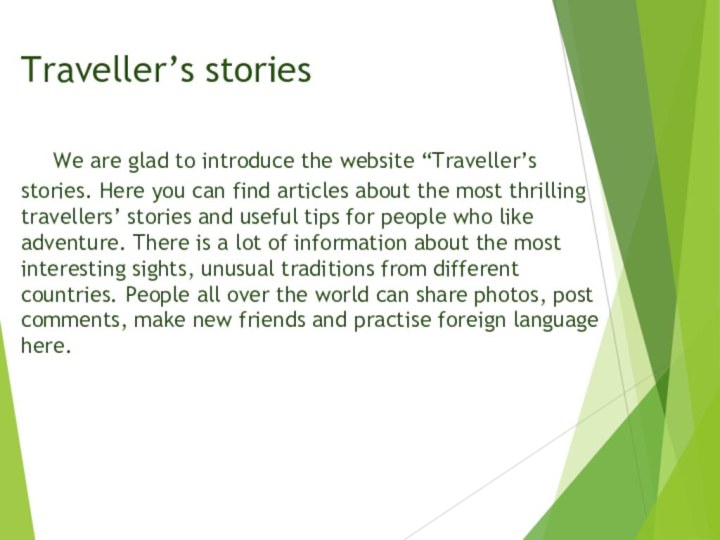
![Презентация по английскому языку на тему Learning more about the UK [ʤ] – project, manage, message [r] – experience, represent, introduce, practise,](/img/tmb/7/655094/31c324b0a48cfb20dc6a9c98a14da686-720x.jpg)
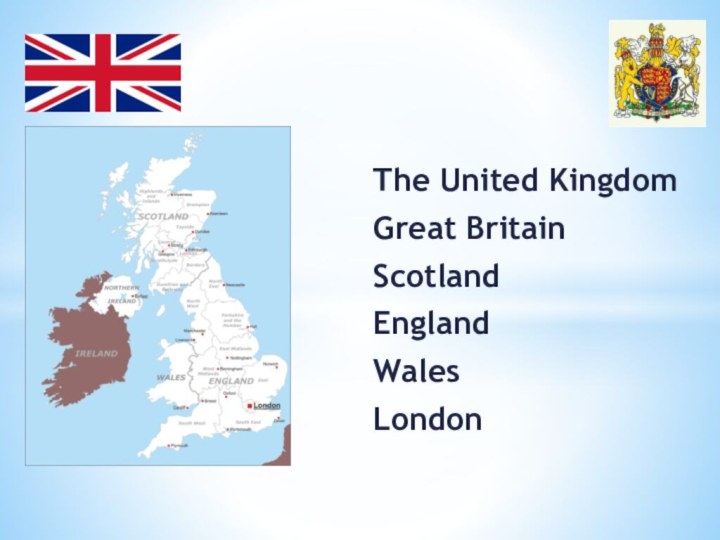
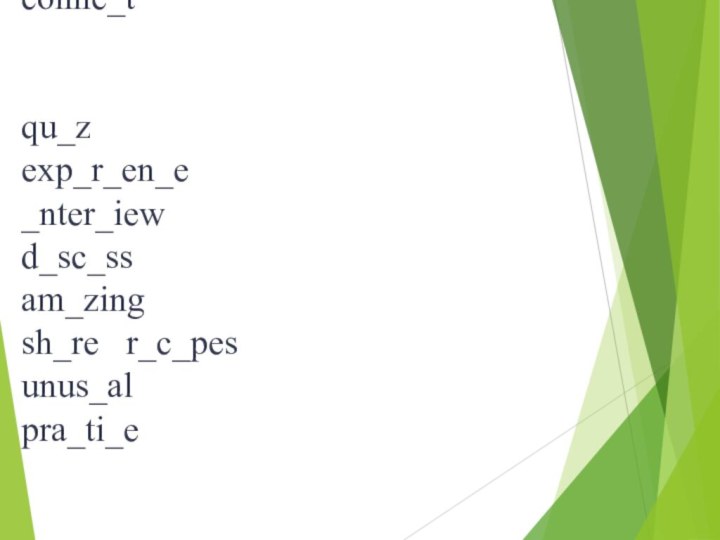
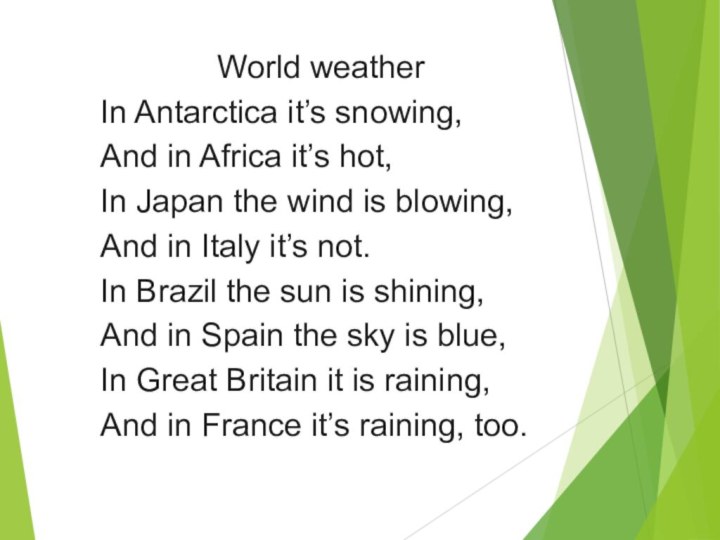
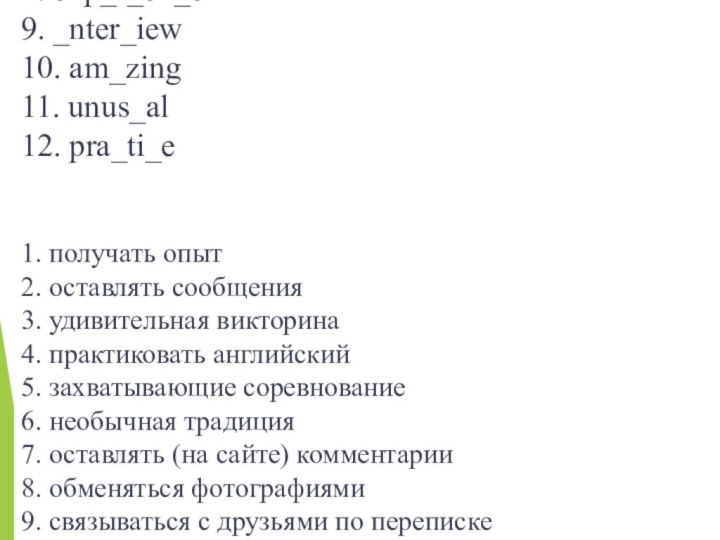
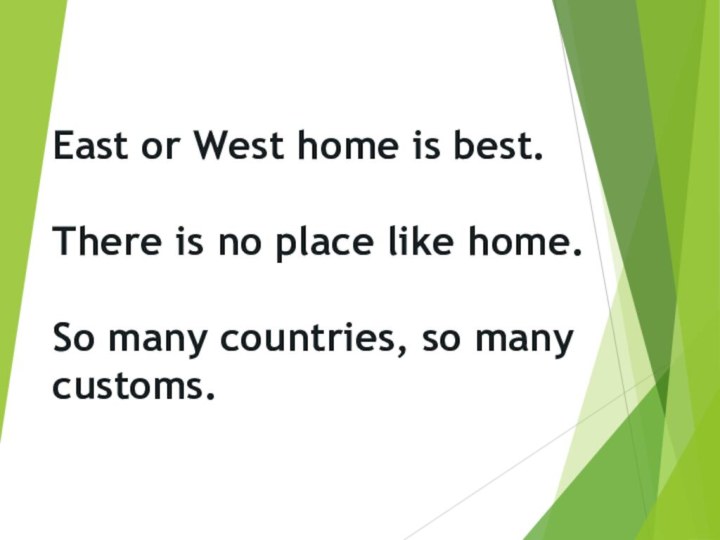
![Презентация по английскому языку на тему Learning more about the UK [ʤ] – agency, language, bridge, Cambridge, large, suggest [ ʃ ] –](/img/tmb/7/655094/25fbc111a21ce633259d7d512baa7500-720x.jpg)

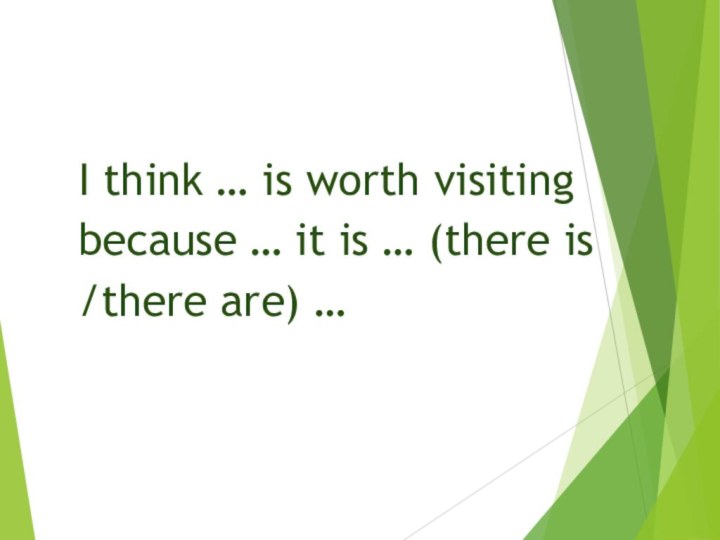
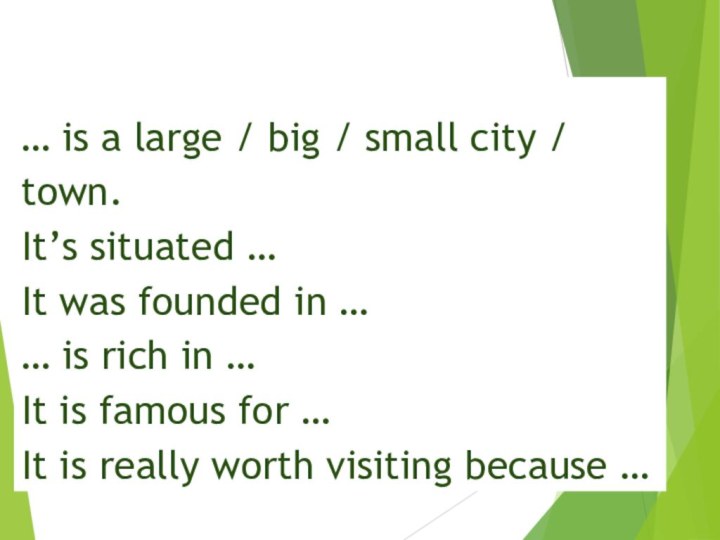
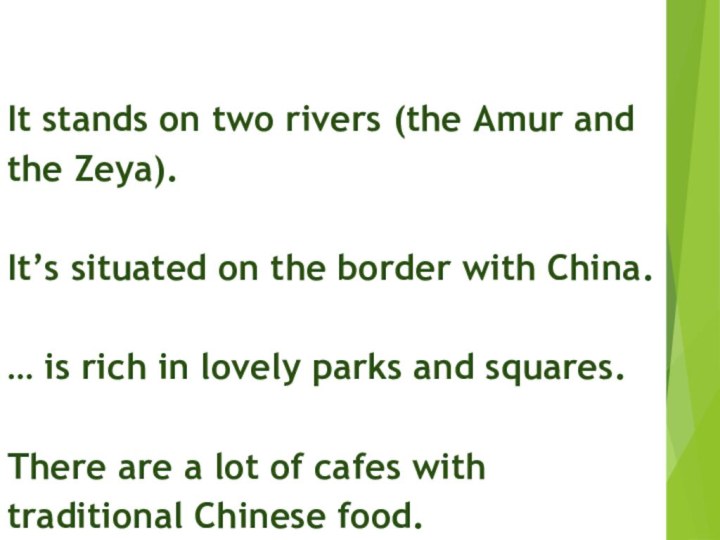
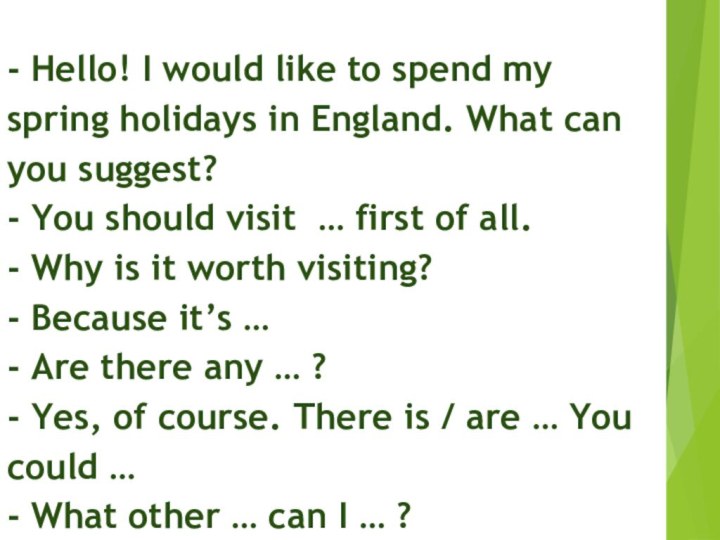
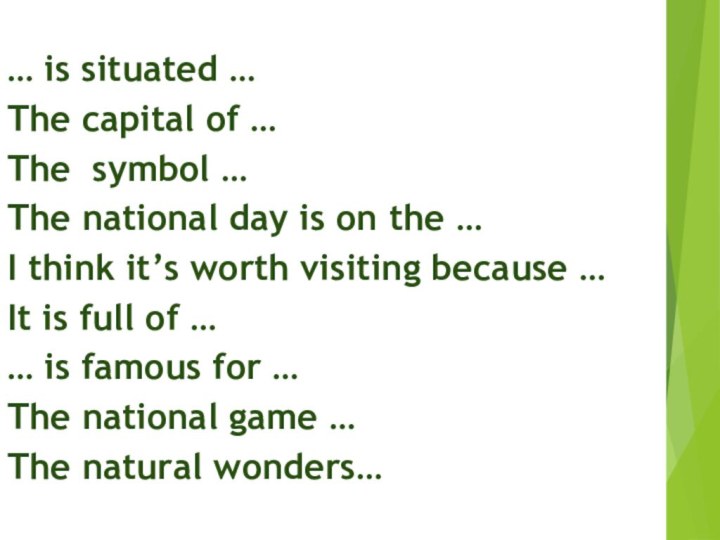
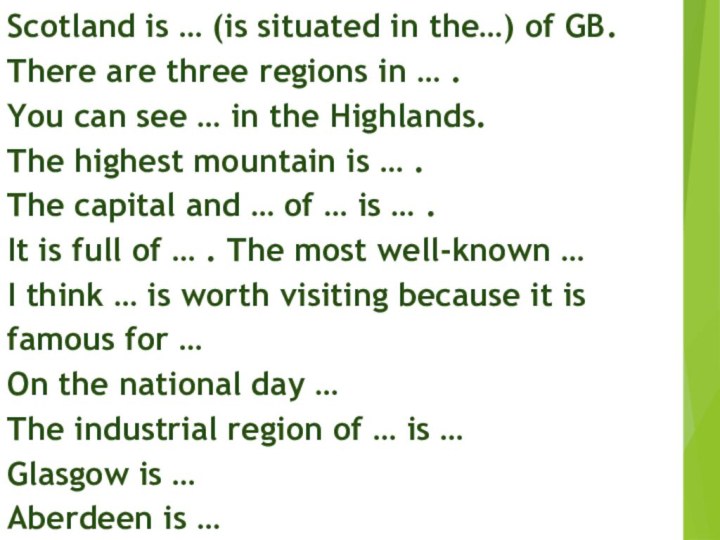
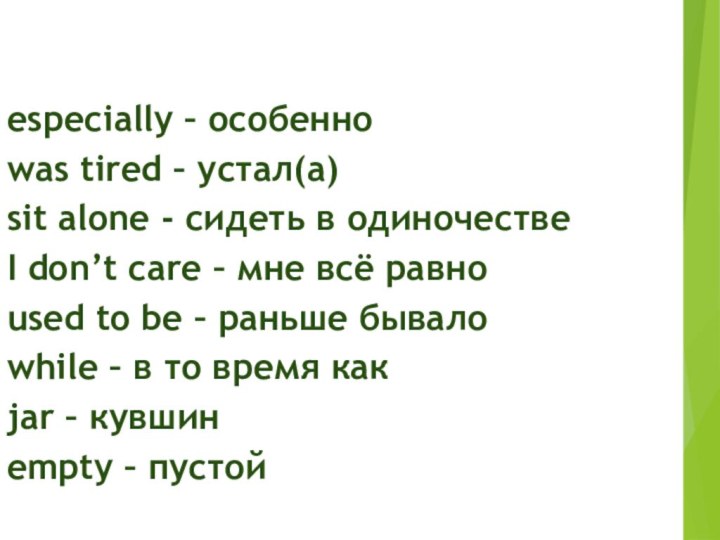
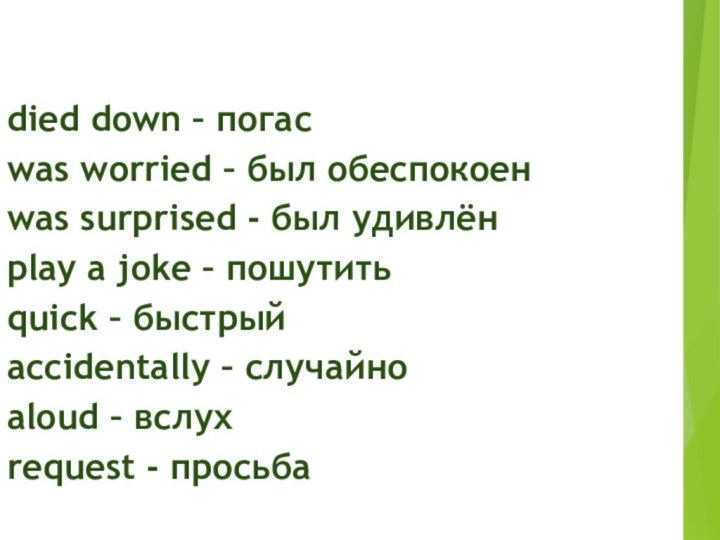
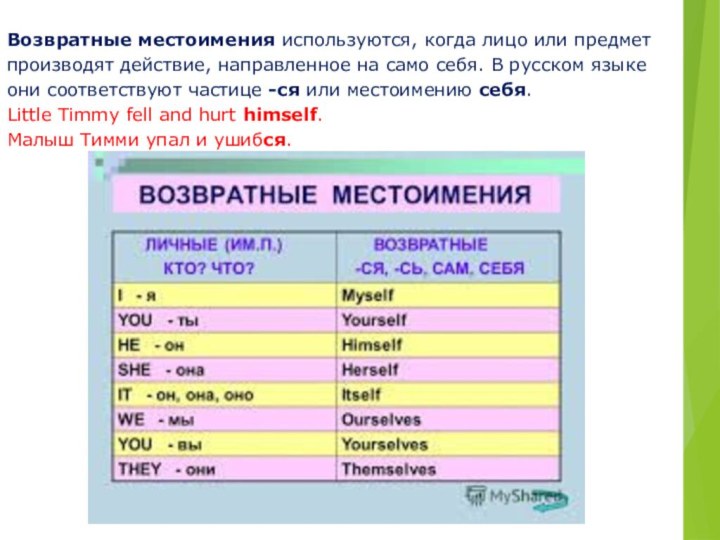
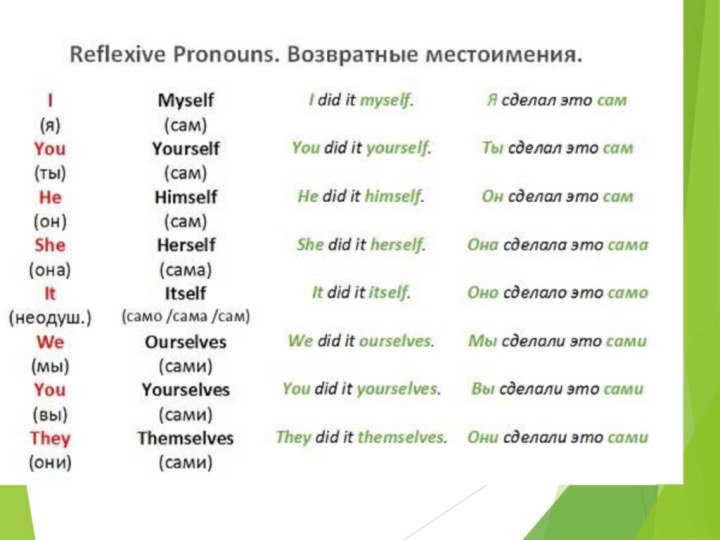
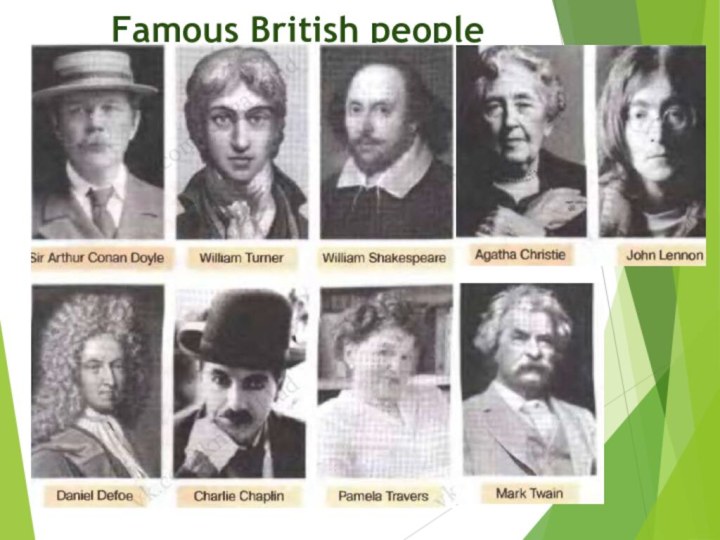
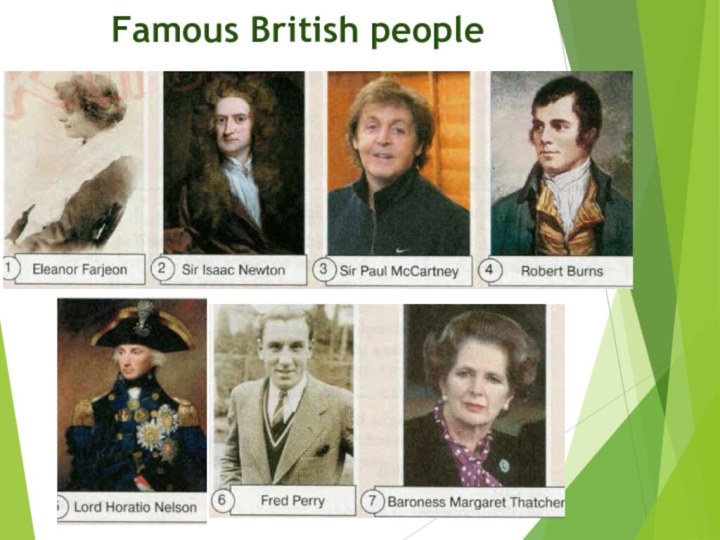
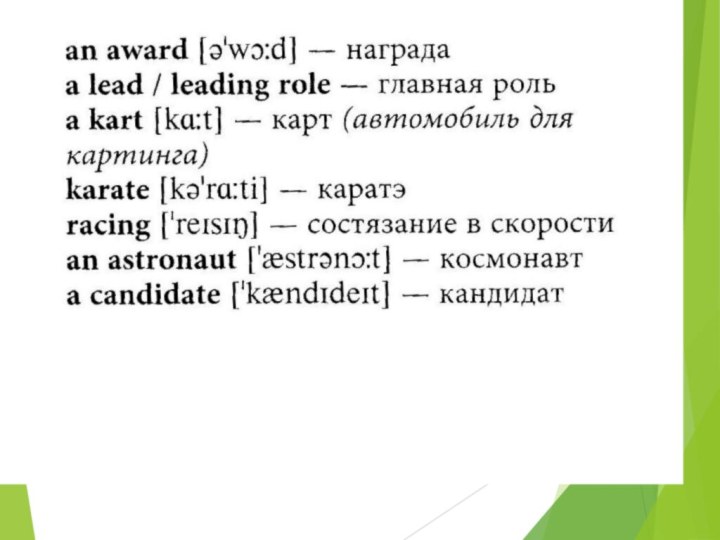
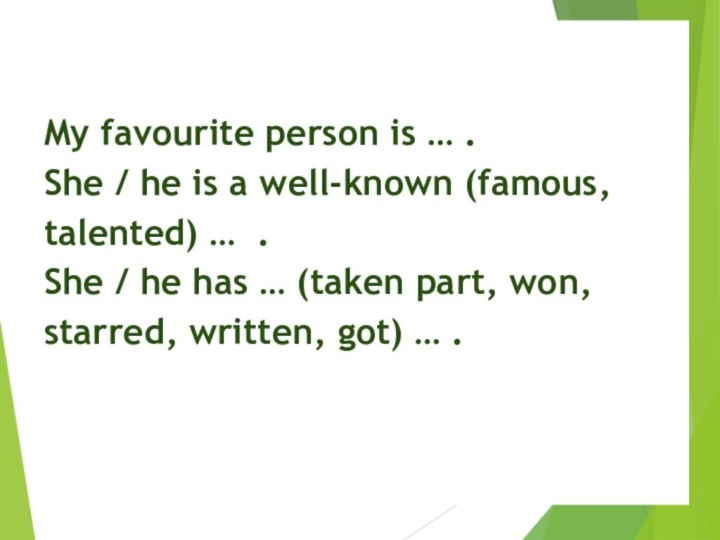
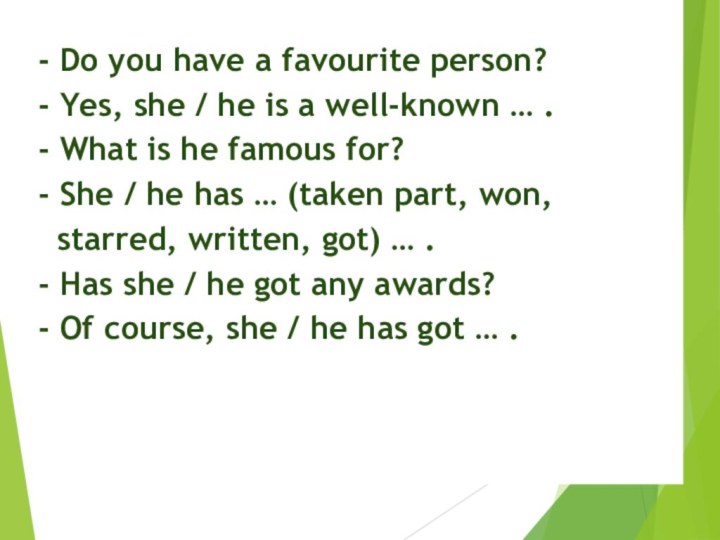
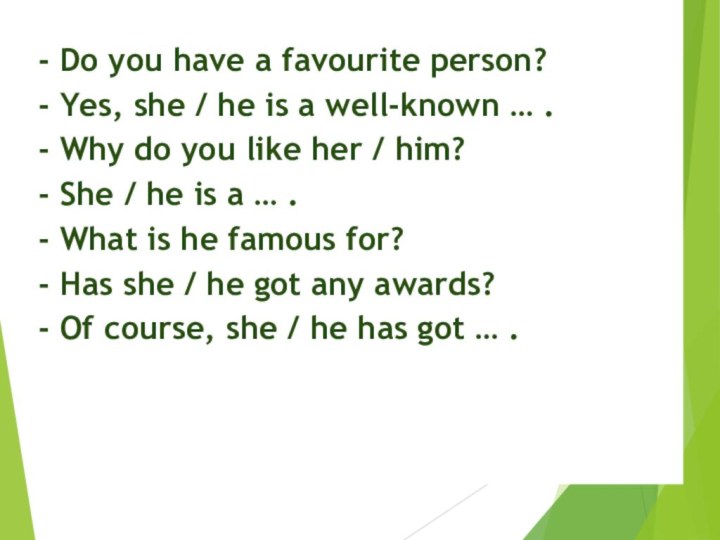
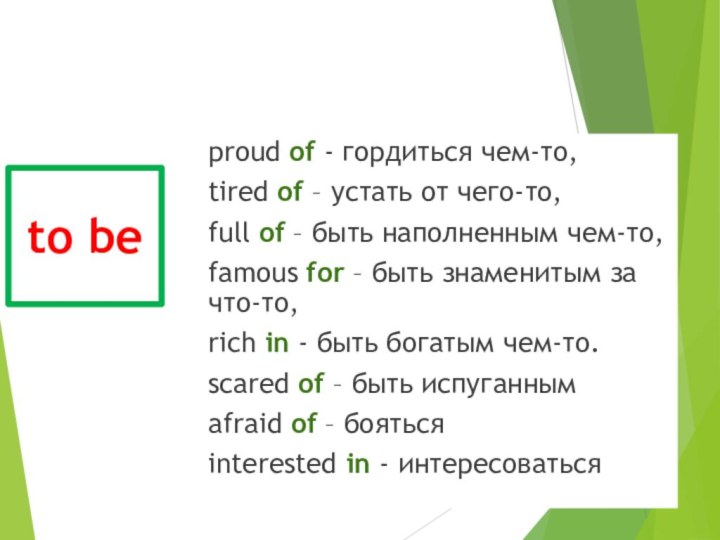
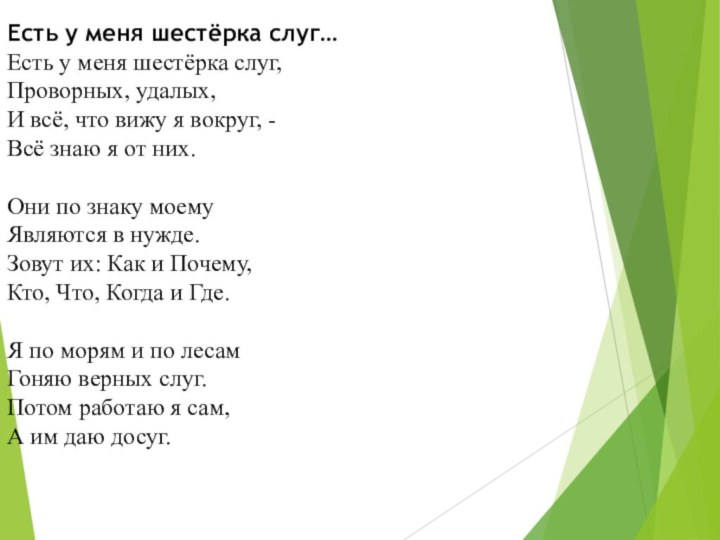
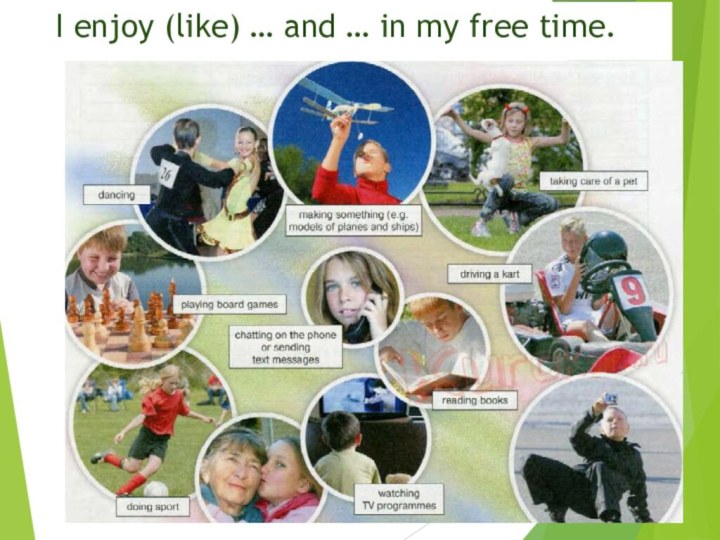
Слайд 7
quiz
thrilling
post
experience
connect
protect
website
comment
progress
interview
Internet
participant
Слайд 8 Traveller’s stories We are glad to
introduce the website “Traveller’s stories. Here you can find
articles about the most thrilling travellers’ stories and useful tips for people who like adventure. There is a lot of information about the most interesting sights, unusual traditions from different countries. People all over the world can share photos, post comments, make new friends and practise foreign language here.Слайд 9 [ʤ] – project, manage, message [r] – experience, represent,
introduce, practise, interesting, creation, [t] – participant, connect, tradition, comment,
post [ɵ] – thrilling, nothing (special), worth [w] – world, weather, website, wildlife
Слайд 11
r_pre_ent
intern_t_onal
pro_ect
thr_ll_ng
m_ss_ge
m_n_ge
parti_ip_nt
conne_t
qu_z
exp_r_en_e
_nter_iew
d_sc_ss
am_zing
sh_re r_c_pes
unus_al
pra_ti_e
Слайд 12 World
weather In Antarctica it’s snowing, And in Africa it’s hot, In Japan
the wind is blowing, And in Italy it’s not. In Brazil the sun is shining, And in Spain the sky is blue, In Great Britain it is raining, And in France it’s raining, too.Слайд 13 1. r_pre_ent 2. intern_t_onal 3. thr_ll_ng 4. m_ss_ge 5.
parti_ip_nt 6. conne_t 7. qu_z 8. exp_r_en_e 9. _nter_iew 10. am_zing 11. unus_al 12. pra_ti_e 1. получать
опыт 2. оставлять сообщения 3. удивительная викторина 4. практиковать английский 5. захватывающие соревнование 6. необычная традиция 7. оставлять (на сайте) комментарии 8. обменяться фотографиями 9. связываться с друзьями по перепискеСлайд 14 East or West home is best. There is no
place like home.
So many countries, so many customs.
Слайд 15 [ʤ] – agency, language, bridge, Cambridge, large, suggest [
ʃ ] – national, traditional, educational, official, population, information [
ŋ ] – long, traveling, interesting, boring, thrilling, English-speakingСлайд 18 … is a large / big / small
city / town. It’s situated … It was founded in … …
is rich in … It is famous for … It is really worth visiting because …Слайд 19 It stands on two rivers (the Amur and
the Zeya). It’s situated on the border with China.
… is rich in lovely parks and squares. There are a lot of cafes with traditional Chinese food.Слайд 20 - Hello! I would like to spend my
spring holidays in England. What can you suggest? - You
should visit … first of all. - Why is it worth visiting? - Because it’s … - Are there any … ? - Yes, of course. There is / are … You could … - What other … can I … ?Слайд 21 … is situated … The capital of … The
symbol … The national day is on the … I
think it’s worth visiting because … It is full of … … is famous for … The national game … The natural wonders…Слайд 22 Scotland is … (is situated in the…) of
GB. There are three regions in … . You can see
… in the Highlands. The highest mountain is … . The capital and … of … is … . It is full of … . The most well-known … I think … is worth visiting because it is famous for … On the national day … The industrial region of … is … Glasgow is … Aberdeen is …Слайд 23 especially – особенно was tired – устал(а) sit alone -
сидеть в одиночестве I don’t care – мне всё
равно used to be – раньше бывало while – в то время как jar – кувшин empty – пустойСлайд 24 died down – погас was worried – был обеспокоен was
surprised - был удивлён play a joke – пошутить quick –
быстрый accidentally – случайно aloud – вслух request - просьбаСлайд 25 Возвратные местоимения используются, когда лицо или предмет производят действие,
направленное на само себя. В русском языке они соответствуют
частице -ся или местоимению себя. Little Timmy fell and hurt himself. Малыш Тимми упал и ушибся.Слайд 30 My favourite person is … . She / he
is a well-known (famous, talented) … . She / he
has … (taken part, won, starred, written, got) … .Слайд 31 - Do you have a favourite person? - Yes,
she / he is a well-known … . - What
is he famous for? - She / he has … (taken part, won, starred, written, got) … . - Has she / he got any awards? - Of course, she / he has got … .Слайд 32 - Do you have a favourite person? - Yes,
she / he is a well-known … . - Why
do you like her / him? - She / he is a … . - What is he famous for? - Has she / he got any awards? - Of course, she / he has got … .
Слайд 33
proud of - гордиться чем-то,
tired of –
устать от чего-то,
full of – быть наполненным чем-то,
famous for – быть знаменитым за что-то,
rich in - быть богатым чем-то.
scared of – быть испуганным
afraid of – бояться
interested in - интересоваться
to be
Слайд 34 Есть у меня шестёрка слуг… Есть у меня шестёрка
слуг,
Проворных, удалых,
И всё, что вижу я вокруг,
-Всё знаю я от них.
Они по знаку моему
Являются в нужде.
Зовут их: Как и Почему,
Кто, Что, Когда и Где.
Я по морям и по лесам
Гоняю верных слуг.
Потом работаю я сам,
А им даю досуг.
Я по утрам, когда встаю,
Всегда берусь за труд,
А им свободу я даю –
Пускай едят и пьют.
Но у меня есть милый друг,
Особа юных лет.
Ей служат сотни тысяч слуг –
И всем покоя нет.
Она гоняет, как собак,
В ненастье, дождь и тьму
Пять тысяч Где, семь тысяч
Как Сто тысяч Почему!
Перевод Я.С. Маршака.
